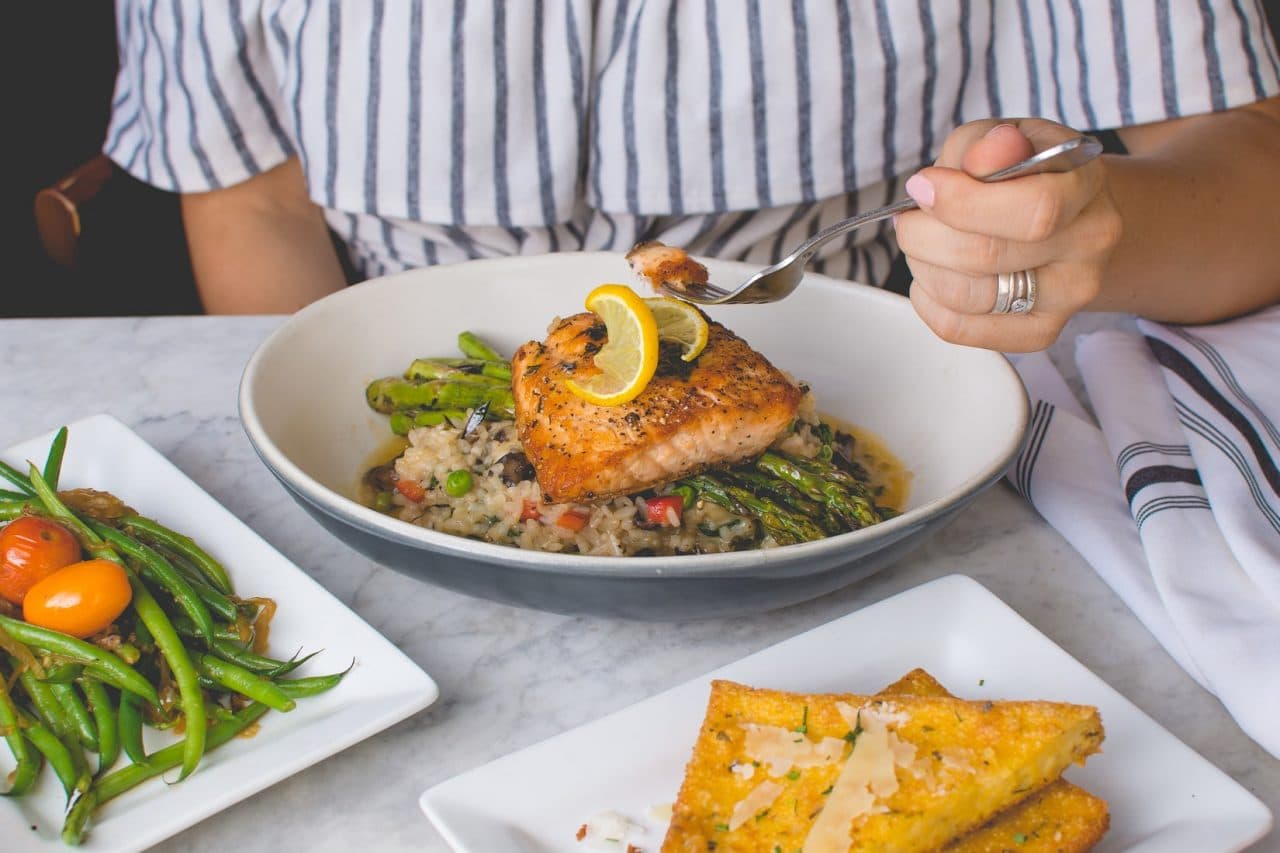Better Sleep May Be on the Horizon with Simple Diet Changes
There’s nothing more frustrating than tossing and turning, unable to fall or stay asleep at night. While this happens to everyone at times, if it’s a recurring problem, it may be time to make some lifestyle changes. It may be the case that all you need to do is adjust your diet in order to get a good night’s sleep.
Below we discuss four foods/drinks to cut out of your diet for a better night’s sleep.
Caffeine

First, we have to talk about the obvious. When you haven’t slept well, the first thing you’ll do in the morning is to reach for a cup of coffee or an energy drink to wake up. But overconsuming caffeine can put you in a vicious cycle where you drink too much caffeine to fall asleep, then drink extra the next day to keep you awake, and the cycle repeats.
Even “decaffeinated” beverages sometimes contain enough caffeine to disrupt your sleep cycle. Other foods you may not expect to contain caffeine include non-cola sodas, chocolate and cocoa products, ice cream and certain breakfast cereals.
Alcohol
After a night of drinking, you may feel that you fall asleep much more quickly and sleep more deeply than usual. While this may be true at first, it’s actually the case that when the alcohol wears off, it can wake you, usually during the most important, restorative stages of sleep.
For those with sleep apnea, alcohol can worsen symptoms.
Spicy Foods
Consuming spicy foods causes heartburn and acid reflux, which impacts sleep. Spicy foods can also worsen symptoms of sleep apnea.
It’s also been shown that red pepper can increase your core body temperature, which disrupts your body’s natural sleep cycle, which involves your body temperature dropping when it’s time for bed.
We recommend avoiding spicy and acidic foods within three hours of bedtime.
High-Fat and High-Protein Foods
One study found that rats who were fed high-fat diets for eight weeks had more fragmented sleep and exhibited excessive daytime sleepiness compared to rats with normal diets. This is likely due to the fact that high-fat foods decrease sensitivity to the neurochemical orexin, which helps regulate the body’s sleep clock.
In addition, high-protein foods can disrupt sleep because they take a long time for your body to break them down, and digestion already slows by 50% when you sleep.
Consume complex carbohydrates from Village Market Specialty Foods like whole-wheat toast or oatmeal before bed to help you sleep better.
For more information about the effects of diet on sleep quality or to schedule an appointment with a sleep expert, call DeFatta ENT & Facial Plastic Surgery today.